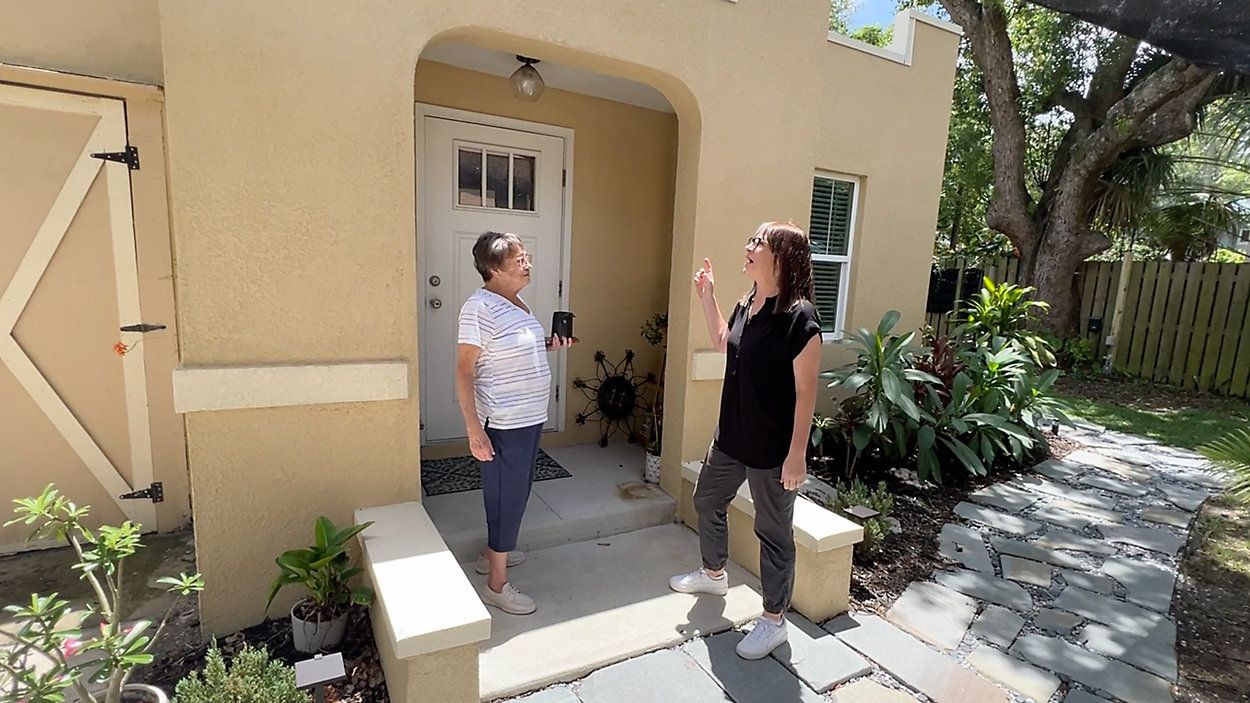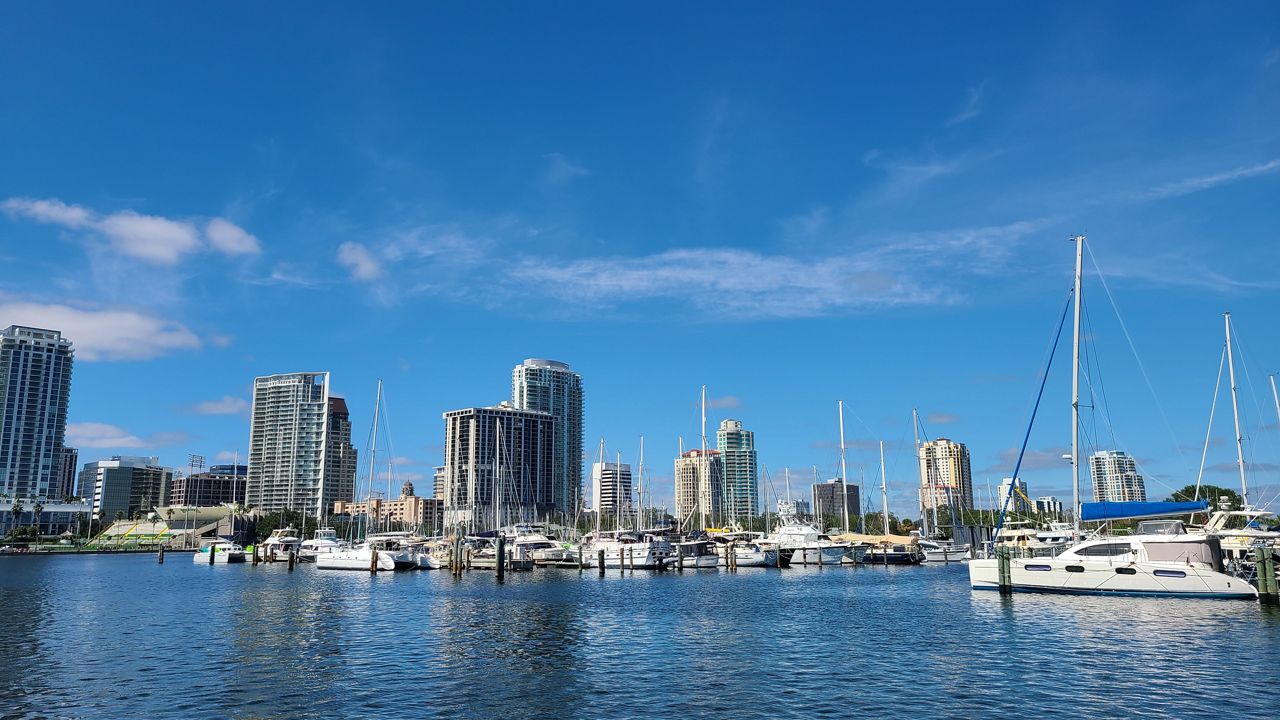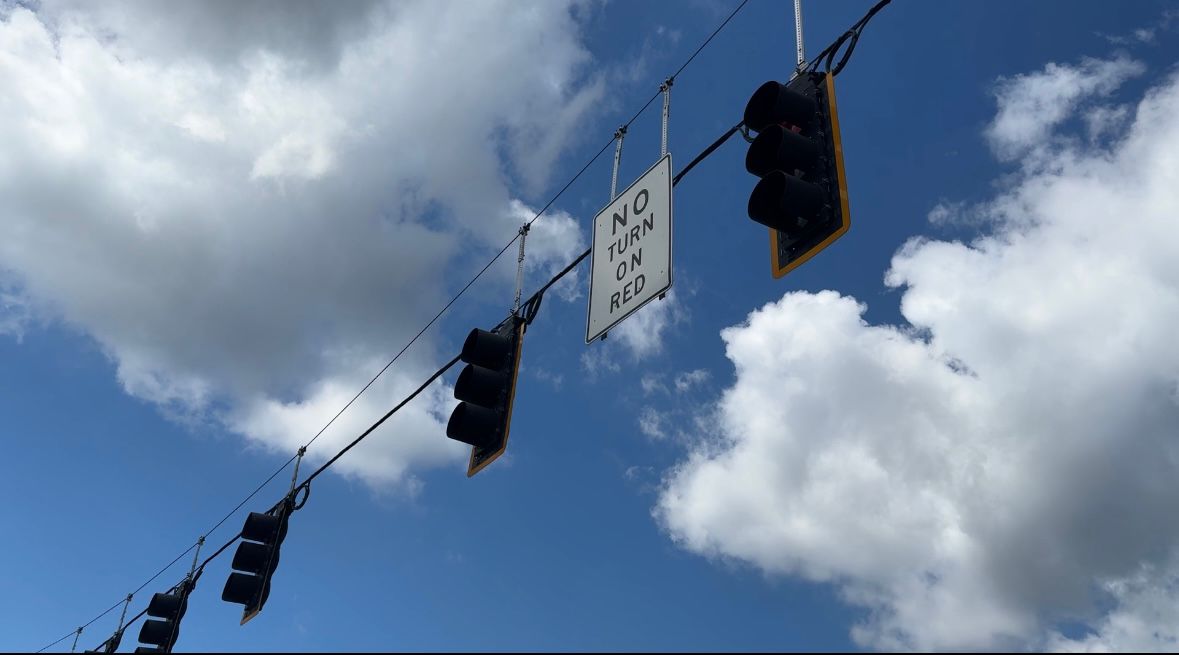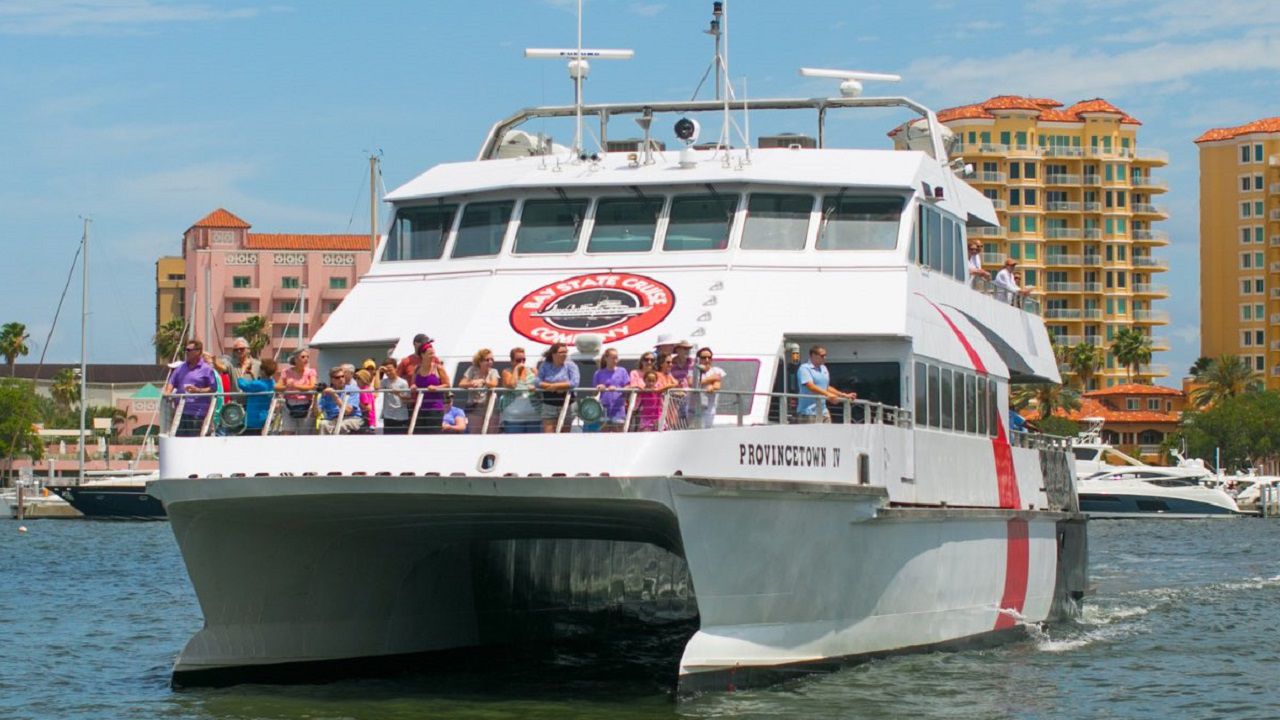TAMPA, Fla. — Tampa’s City Planning Department will hold a final public meeting Tuesday to discuss accessory dwelling units in the city, or ADUs.
They're commonly called "in-law" suites.
What You Need To Know
- Tampa’s City Planning Department will hold a final public meeting Tuesday to discuss accessory dwelling units in the city, or ADUs
- ADUs are becoming a more popular solution to creating more affordable housing
- The city of Tampa is currently looking at changing city code to allow ADUs in more neighborhoods
- PREVIOUS STORY: Accessory dwelling units growing in popularity as affordable housing option
The city wants to make sure residents know about new development codes and the neighborhoods where ADUs are allowed.
City Planning Director Stephen Benson said they’ve heard a lot of community feedback at the meetings held so far.
“For the most part, most of the concerns are really related to the impacts it might create. One of the important things we were looking at were the conditions,” said Benson. “What are the rules? What are the requirements? What regulations you have to meet before the city even considers allowing you to do this.”
Benson added the city also is looking at programs that may help interested residents in building an ADU.
Tuesday night’s meeting is scheduled for 6 p.m. at Riverside Heights & Ridgewood Park.
Stacey Jenkins built an ADU during the pandemic after her father died, leaving her mother alone at their home in New Tampa.
“Considering housing prices, considering density for neighborhoods like this where we have a lot and a little bit of space to put a tiny little cottage, I think it’s really important for Tampa and I think we should consider expanding it beyond Seminole Heights,” Jenkins said.
ADUs usually feature less space than a traditional home, but offer the same amenities like a bathroom, full kitchen, living room and a place to sleep.
They are often much cheaper than a traditional home or apartment to rent.
The city believes an expansion of ADUs to other parts of the city could help relieve affordable housing stress in the city, and at the same time help make current homeowners extra income.








